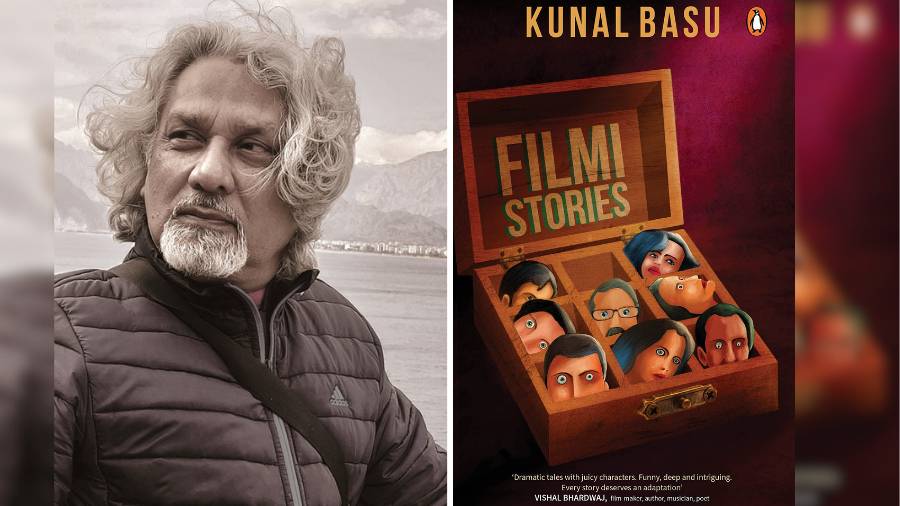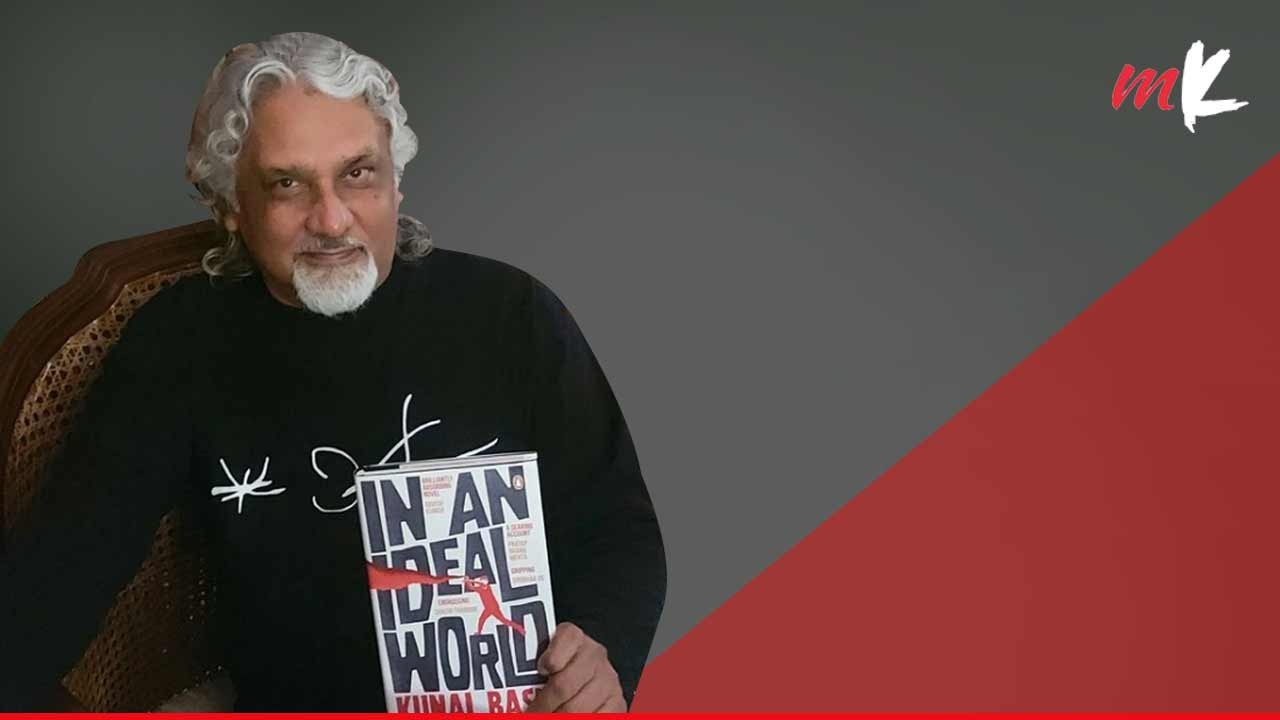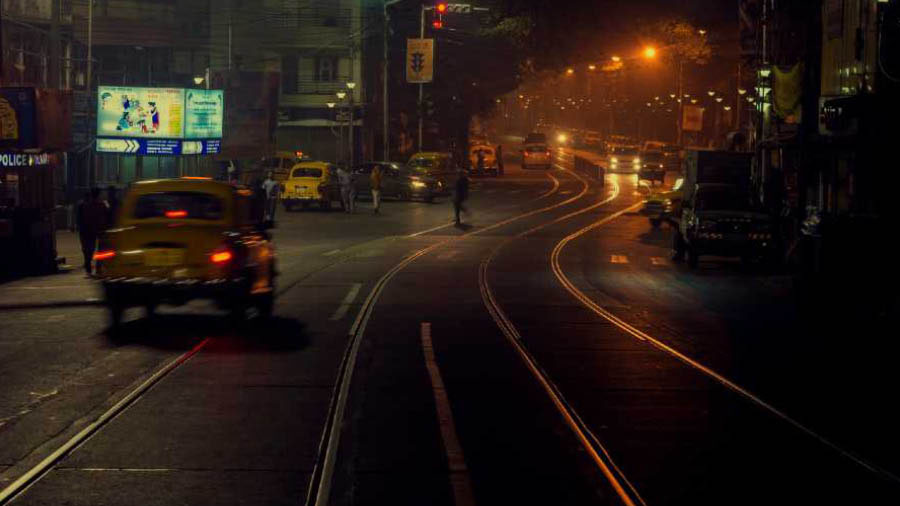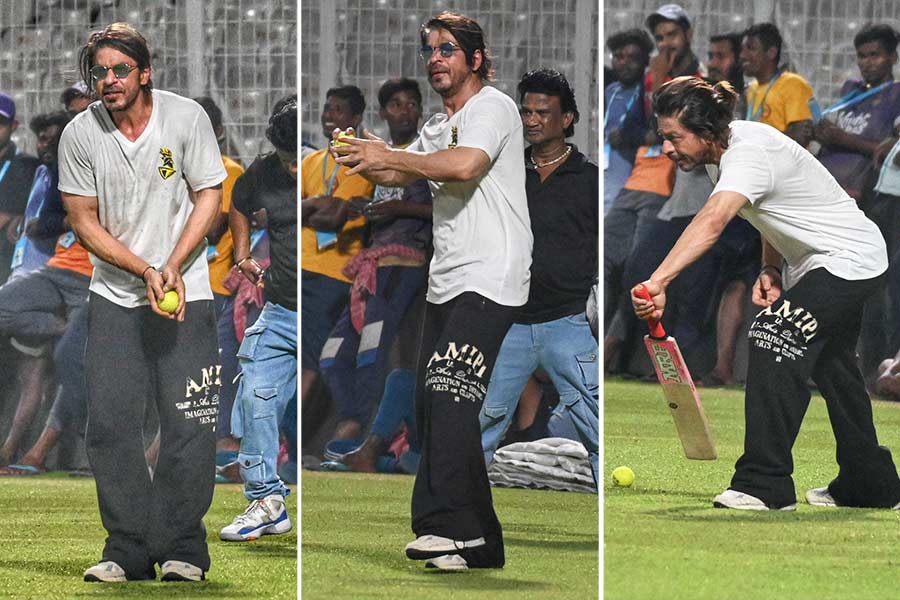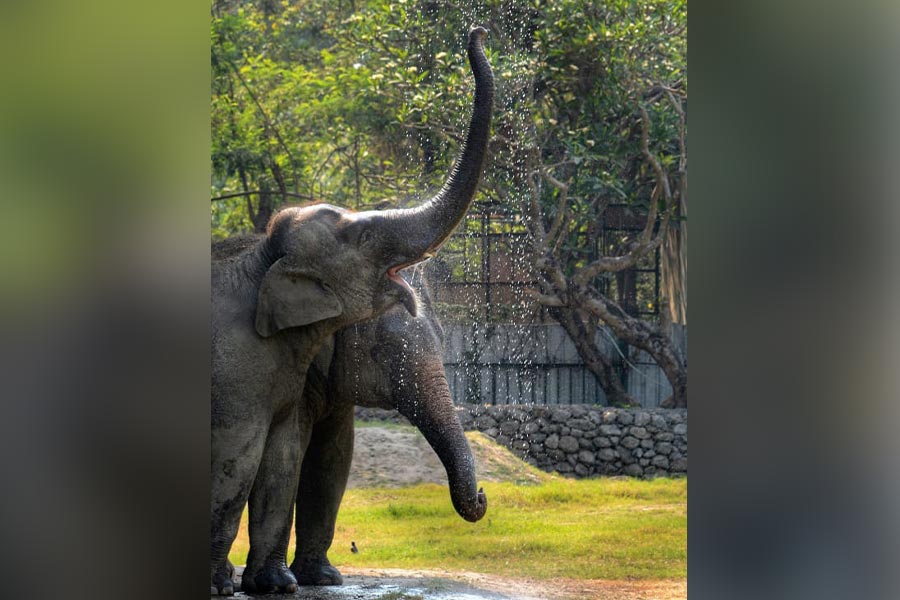Each day of the week, Abhilash Shukla wore a different watch from his prized collection, but the one he wore on Sundays was his favourite.
On Mondays, he brought out the Rolex Daytona 6263 Oyster Albino from the felt-lined box. It was the most expensive, a twenty-fifth anniversary gift from his wife. Manisha and he had travelled to London to mark the occasion and purchased it from Harrods. ‘It’s perfect for your broad wrist, Sir,’ the English salesgirl had said. ‘Not many can carry it off well.’ It was a sales pitch, Abhilash Shukla knew, but it had made Manisha proud.
The Patek Philippe that he sported on Tuesdays was a gift from his older son Sumit. He had left it on his office desk the day he’d joined his father’s business—Shukla & Sons Bathroom Supplies.
‘How come you’re giving gifts even before receiving your first pay cheque?’ Abhilash asked him next morning at breakfast. His newly married wife Sreya answered for her husband, ‘Because sons must pay respect to their fathers when they enter the workforce—it’s our culture.’
‘It’s not a gift to you, but to himself!’ Manisha commented wryly afterwards.
‘How do you mean?’ Abhilash was confused, turning his wrist to examine the exquisite timepiece.
‘Because, as the company’s ad says—You never really own a Patek Philippe. You merely look after it for the next generation.’
Wednesdays were reserved for the Piaget, the day he and his sons—Sumit and Sagar—met their most valued customers. The diamond, set at the dial’s centre, signalled the solidity of the company.
On Thursday, when the family fasted till noon following Manisha’s dictate, he picked his Rado. It was elegant, but not showy—befitting the austerity of the day.
But by Friday, he was back to flashier pieces, and at Sreya’s insistence, he fastened the Cartier to his wrist. She had seen Shah Rukh Khan—no less—wear one at an award show and picked up an identical piece for her father-in-law.
On Saturdays, Abhilash played golf or pretended to do so, with other gentlemen of commensurate stature, although he worried about spraining his arm by a wild swing of the club. All his friends wore Tag Heuer Chronographs, and he did not wish to be the exception.
The family gathered for breakfast on Sundays, and although there was a prohibition on business talk, Sumit and Sagar used that hour to brief their father about pending company matters of strategic importance. Manisha withdrew after the meal had been served to join her Art of Life friends at a neighbour’s home, while Sreya dashed off to the gym to wear off the week’s indulgence.
Later, after he’d taken his afternoon nap, Abhilash strolled on the lawn and quite out of habit wore a watch—his favourite. It was an HMT Janata. It needed to be wound daily and sent for oiling, cleaning once every year. His father had taken it off his wrist when Abhilash had left Raipur, his hometown, for Bombay to test his fortunes. He remembered well the company’s newspaper ad: This Diwali give an HMT watch. But his family couldn’t afford to buy a new watch for their son.
‘Why do you keep wearing such an old watch?’ Sagar, his younger son who was keener than his older sibling to know about his father’s early days, had asked him. ‘Even Makkhan doesn’t wear a mechanical watch.’
Makkhan was the family driver, who came into Abhilash’s employment the day he was rich enough to buy his first car—a Premier Padmini.
‘Because it reminds me of who I really am,’ Abhilash had said, failing to supply a satisfactory answer.
Thinking deeply about Sagar’s question, he realized that the HMT and Makkhan were the last remnants of his youth. And of course, the notebook full of handwritten poems he’d brought with him to Bombay in the dream of becoming a lyricist in films. It wasn’t an empty dream, but one built on his reputation as a budding poet who’d won several college competitions and charmed a legion of young women. The family, hesitant at the risky prospect, had agreed to let him go, convinced that he’d soon return with his tail between his legs and find a suitable career as bank officer. But, Abhilash, never one to think small, had managed to expand his circle of friends in the city quickly enough to acquire the phone number of his boyhood idol—Dev Anand.
As he’d later describe many times to his friends, he hadn’t expected the superstar to answer the phone. But in those days, stars orbited closer to earth, and he was struck speechless by Dev Anand’s voice. ‘Yes, young fellow. Let’s meet at 6 p.m. tomorrow at Sun & Sand.’
The magic of that unexpected invitation had so enraptured Abhilash Shukla that he’d forgotten to wind up his HMT Janata and by the time he realized that it had stopped, he was already two hours late for the appointment.
In those days, Sun & Sand was the closest one could get to Paradise. Everyone in the lobby, including the waiters, resembled film stars. Reporters crowded the parking lot, and the smell of glamour drowned the smell of exquisite wines that flowed at the bar. Abhilash Shukla had waited 3 hours in the lobby, drawing the suspicion of every waiter and the doorman till the weight of his bad luck forced him to crumble. Dev Anand of his dreams, he was certain, had arrived sharply at 6, waited for 10 minutes then left, taking him for a joker.
‘In life, accidents matter more than plans,’ Mr Shukla lectured his staff frequently, drawing on that defining accident of his life. It had drained the ambition that’d brought him to Bombay but opened the door to another accident: his maternal uncle co-opting him as a junior partner of his business. As it turned out, Bombay was experiencing the biggest building boom of the generation, and he had discovered the tiniest secret of so many buildings that sprouted overnight: bathrooms.
– Excerpt from Struggler
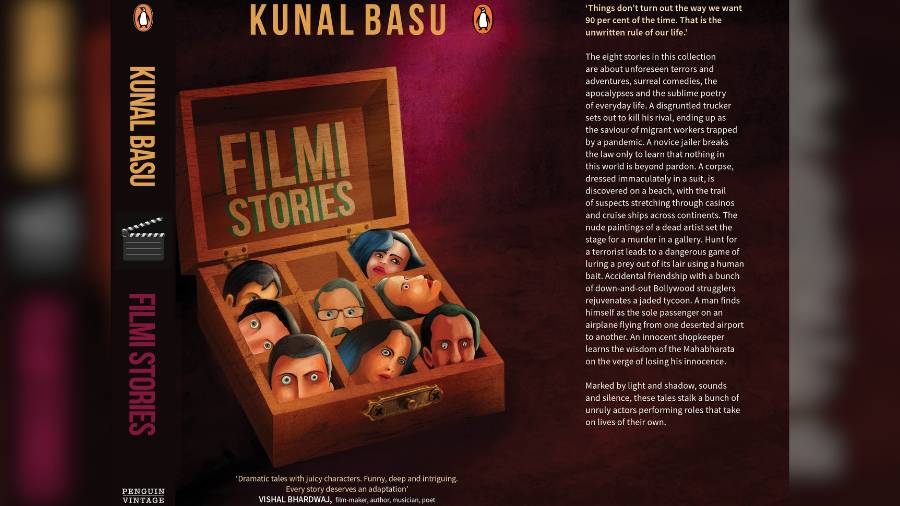
A glimpse of the cover of Kunal Basu’s ‘Filmi Stories’
It was unclear who found the corpse first. Was it the honeymooning couple, up early after a night of frolicking, come for a dip in the sea? Perhaps it was the English boy, building sandcastles while his parents lounged on recliners, happy to have escaped to Goa from the rotten English spring. Or was it the petty thief who wished to steal the man’s watch while he was still asleep—or so he thought—until he’d touched the icy-cold wrist and fled in terror?
The police had to ring-fence the corpse once the hordes descended after the news had spread. It wasn’t unusual to find a body on the beach—mostly ravers who’d died of an overdose or drowned fishermen washed up ashore. But this one was curious, or ‘too much’ as Inspector Vandana Sathe remarked, arriving at the scene. She wasn’t far off in her comment as the corpse was remarkable to say the least.
Surrounded by the moat that the boy had dug around it, the man lay dressed in an immaculate suit, a double-knotted silk tie around the collar of a hand-stitched shirt and matching pocket square barely peeking out. Outstretched legs sported tailored trousers, held at the waist by a crocodile leather belt, while Burberry-striped socks brought up the lower extremities tucked into Italian Brogues. A half-smoked cigarette dangled from the lips. He was lying on his back, face up towards the sun that gleamed on a pair of dark glasses. A single bullet had pierced his temple, releasing blood, which had dried in the sun. It didn’t look like a wound, but a kiss.
‘Take it all off,’ Inspector Sathe ordered the morgue attendants, who went about the painstaking task of denuding a rigid frame. Every item was labelled and put away to help with the investigation, but other than the clothes, nothing was found on the man. No wallet, no pen, no comb, no cigarette pack or lighter—absolutely nothing that might supply a lead or two. Even the maker’s label of the suit had been carefully snipped off. It was a clue-less corpse.
The police made their round of the resorts, but none could recognize the dead man. Road cameras in nearby locations failed to spot anything more than a trickle of members of the beach yoga club arriving for their morning workout. Newspaper ads were the last resort, but they too failed to bring forward a next of kin. After a month, the file was shut and stacked away in a rack that had gathered the dust of 30 years of unsolved cases.
That month brought about a major change in Inspector Vandana Sathe’s life, caused by her marriage to biology professor Neeraj Paranjpe. After the couple had returned from their honeymoon in the mountains, she reported to her station and attended to pressing matters such as an ugly property dispute between two developers and an unnecessary riot caused by fake news. But the beach corpse remained stuck in her mind, pricked her conscience as an unsolved mystery. On a relaxed Friday, she visited the station’s storeroom and asked for the box of contents to be brought out.
‘For the suited corpse, Ma’am?’
Helped by the attendant, she went through each item of clothing yet again. Her eyes scanned every inch of the remains and zeroed in on a secret pocket stitched into the trousers’ waistband.
Delicately slipping her finger in, she prised out a visiting card printed on high-quality paper with a name embossed on it. Martin Long—it read. Turning it over, she found a single word scribbled in red—Oxblood.
Later—after concluding 2 years of enquiry—she presented her full evidence on the case to the state’s prosecuting attorney. Relying on her superior investigative skills, she was able to establish without doubt that the dead man in a suit was none other than Manohar Lele, and his killer was his lover cum business partner, Jyoti Singh.
— Excerpt from Oxblood
Filmi Stories by Kunal Basu was published by Penguin Random House/Vintage in April 2023. Read more about it here.


